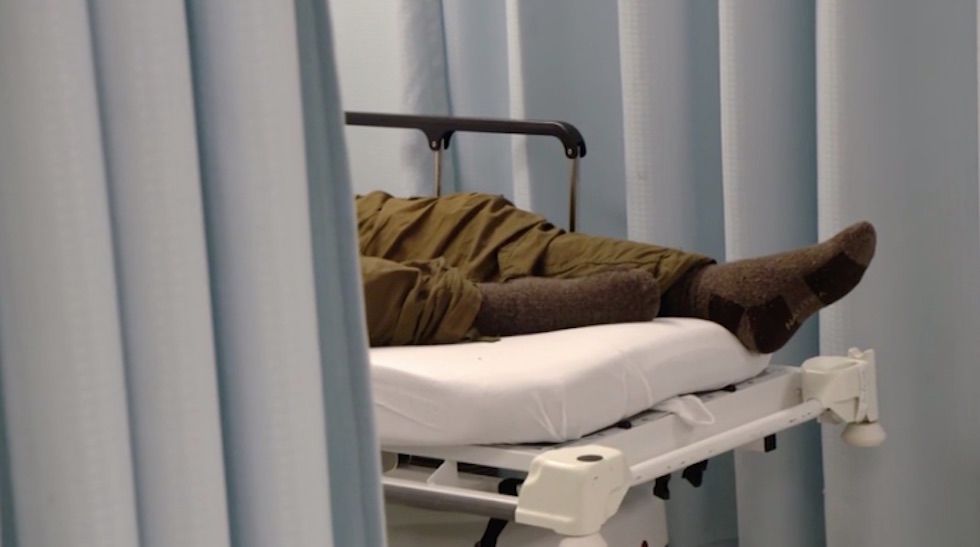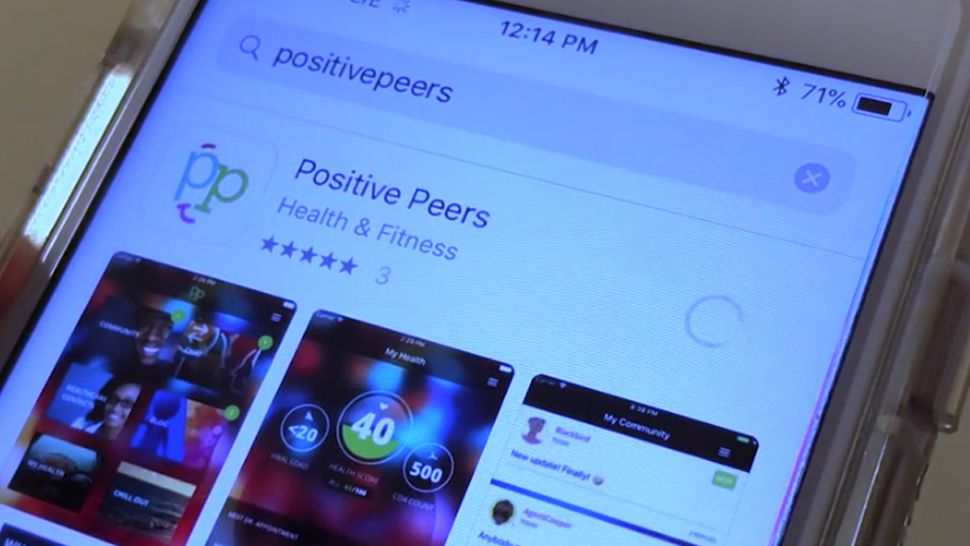On Tuesday, Representatives Randi Clites (D-Ravenna), Susan Manchester (R-Lakeview), and Senator Bob Hackett (R-London) rolled out new legislation that aims to stop predatory price gouging from pharmaceutical middlemen.
- Miiddleman are inflating drug prices and taking money off the top
- Ohio lawmakers rolled out new legislation that would stop this
- The bills would prohibit additional fees PBMs charge patients and hospitals, and that money can be funneled back into healthcare services for underserved areas
“The discriminatory contracting refers to a range of practices that effectively transfer the benefit of 340B savings from the health centers and their underserved patients to private, for-profit entities,” said Julie DiRossi-King, COO, OACHC.
To understand how this legislation works, we have to first understand what a 340B pharmacy program does.
It was created by the federal government back in 1992 and requires drug manufacturers to provide cheaper prescriptions to low-income patients who qualify.
Essentially the 340B program, allows hospitals and health systems to optimize their in-house pharmacy contracts so they don’t end up getting hosed by a middleman.
Those middle men are called PBMs, and are third-party administrators that decide how much you pay.
“Across the country, and creeping into the state of Ohio, PBMs have targeted safety net 340B providers with discriminatory contracts,” said DiRossi-King.
If passed, these bills will prohibit additional fees PBMs charge patients, and hospitals. That money can then be funneled back into healthcare services for underserved areas, like the 25 rural clinics Hopewell Health Centers run.
“The savings from this program have allowed us to treat hundreds of patients affected by the opioid epidemic that has hit Ohioans so hard. We also use the savings to fund a mobile dental program,” said Logan Yoho, director of pharmacy, Hopewell Health Centers.
The legislation is expected to have bipartisan support.









